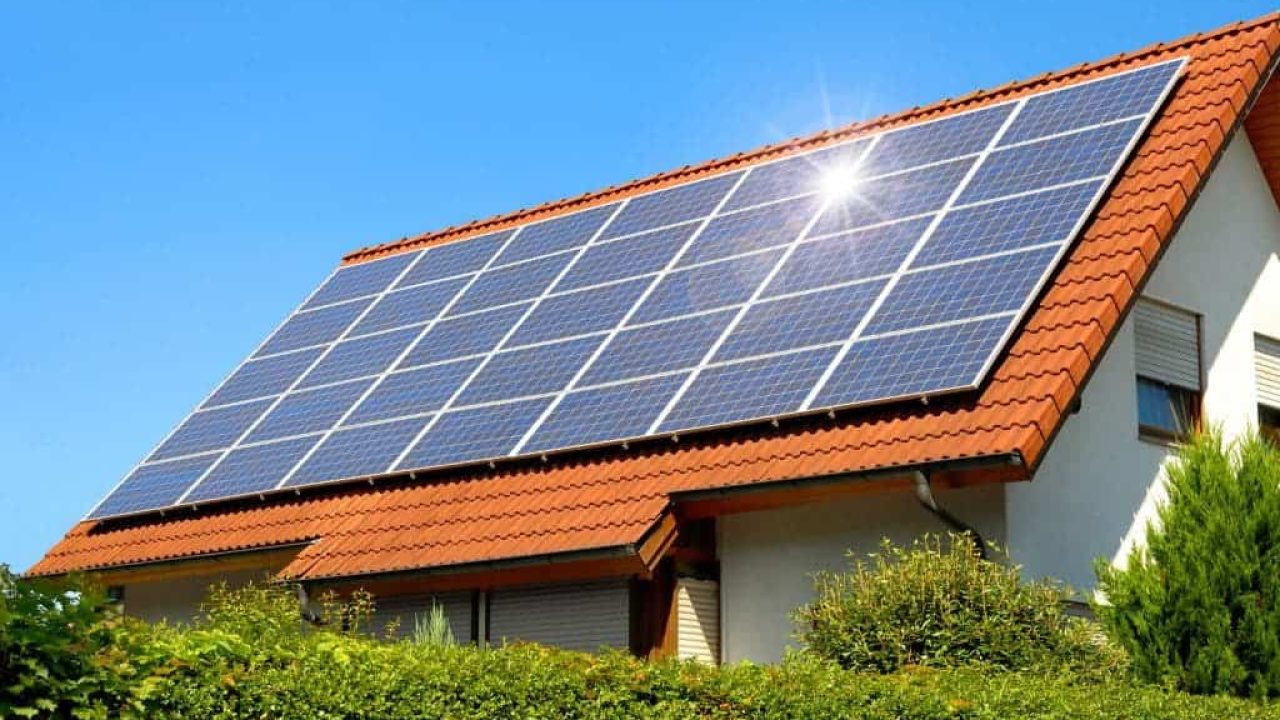|
Getting your Trinity Audio player ready...
|
The sun shines brightly on Pakistan, but a storm of controversy swirls around its rooftop solar industry. Recent developments in the Senate Standing Committee on Power meeting have ignited a heated rooftop solar tariff debate, raising critical questions about affordability, equity, and the future of clean energy access in the country.
Lower Rates, Higher Scrutiny:
The government’s proposal to potentially reduce net metering tariffs for rooftop solar power has sent shockwaves through the industry. While proponents see this as a way to democratize solar energy, critics fear it could disproportionately burden poorer consumers. Caretaker Power Minister Muhammad Ali and Secretary Asad Rehman Gilani argue that affluent urban residents using rooftop solar can afford higher rates, emphasizing the need for fairness and suggesting the current tariff unfairly burdens those less fortunate.
Read Also: Meezan Bank’s Solar Financing: A Green Investment Opportunity
Beyond Affordability: The Circular Debt Challenge:
The debate transcends mere affordability. Pakistan’s circular debt, a complex issue of unpaid bills and inefficiencies plaguing the power sector, looms large. Secretary Gilani claims to have successfully managed the debt, attributing this to improved management, tariff adjustments, and a recent anti-theft campaign. However, concerns remain about the long-term sustainability of these solutions, particularly if lower rooftop solar tariffs impact revenue generation.
Seeking Balance: A Delicate Equation:
Balancing affordability with equity and addressing the circular debt forms a delicate equation. The government must tread carefully to ensure the rooftop solar tariff debate fosters, not hinders, the growth of clean energy in Pakistan. Some potential solutions include:
- Tiered tariff structures: Offering different rates based on consumer income or energy usage could address affordability concerns.
- Storage incentives: Encouraging battery storage alongside solar panels can mitigate grid impacts and create a more resilient system.
- Targeted subsidies: Providing financial support to low-income consumers can ensure equitable access to clean energy.
Looking Ahead: A Sustainable Future for Solar?
The rooftop solar tariff debate in Pakistan is far from over. The coming months will be crucial in determining the future of clean energy access in the country. By prioritizing affordability, ensuring equity, and addressing the circular debt, Pakistan can harness the power of its sun to create a sustainable and inclusive energy future for all.

